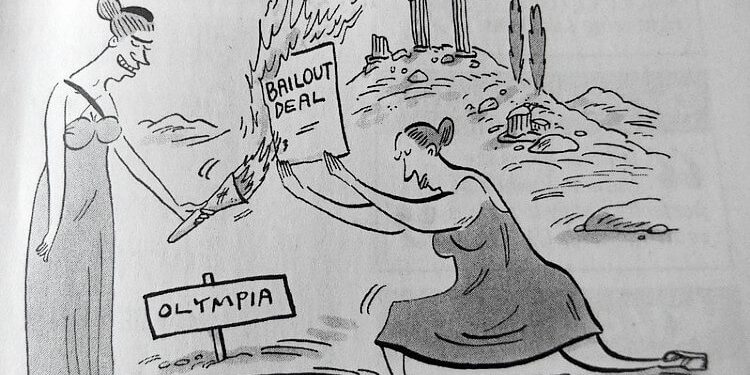Gold Rush or Financial Fumble? The Economics of Hosting the Olympics
Exploring the complex balance of costs, benefits, and long-term impact for Olympic host cities
The Olympic Games are not just a celebration of athletic prowess; they’re also a massive economic endeavor. For host cities, the Olympics promise global attention, infrastructure improvements, and tourism boosts.
But do these benefits outweigh the substantial costs and challenges? Let’s dive into the business side of the world’s premier sporting event.
The Price Tag of Prestige
Hosting the Olympics is an expensive proposition, with costs often running into tens of billions of dollars. Recent Games have seen budgets skyrocket:
– Tokyo 2020 (held in 2021): $15.4 billion
– Rio 2016: $13.1 billion
– London 2012: $14.6 billion
These figures typically include both operational costs and capital investments in infrastructure, security, and venues. However, final costs often exceed initial budgets, sometimes dramatically.
Economic Impacts: Short-Term Boom vs. Long-Term Value
The immediate economic impact of hosting the Olympics can be significant.
Dr. Victor Matheson, a sports economist at College of the Holy Cross, notes,
“Host cities often see a surge in tourism and short-term job creation during the Games.”
However, he cautions, “The long-term economic benefits are frequently overstated.”
Main economic factors include:
1. Tourism boost during and immediately after the Games
2. Job creation, primarily in construction and hospitality
3. Infrastructure improvements that may benefit the city long-term
4. Potential for increased foreign investment and trade relationships
The Challenge of White Elephants
One of the most criticized aspects of Olympic hosting is the construction of specialized venues that see little use after the Games conclude. These “white elephants” can become a financial burden for cities:
City |
Year |
Notable Unused Venue |
|---|---|---|
| Athens | 2004 | Olympic Softball Stadium |
| Beijing | 2008 | Bird’s Nest Stadium (limited use) |
| Rio de Janeiro | 2016 | Maracanã Stadium (underused) |
To combat this issue, the International Olympic Committee (IOC) now encourages cities to prioritize temporary structures and adaptable venues in their bids.
A Tale of Two Cities: Contrasting Outcomes
Not all Olympic host cities face the same economic fate. Barcelona’s 1992 Games are often cited as a success story, with the city using the event as a catalyst for urban renewal and tourism growth.
In contrast, Montreal’s 1976 Olympics left the city with decades of debt, finally paid off in 2006.
“The key is in the planning,”
says urban planning expert Dr. Judith Grant Long of the University of Michigan.
“Cities that integrate Olympic developments into their long-term urban strategies tend to see better outcomes.”
The Changing Face of Olympic Bids
Recent years have seen a shift in attitudes towards hosting the Olympics. Several cities have withdrawn bids due to public opposition or financial concerns.
In response, the IOC has implemented reforms through its Olympic Agenda 2020+5, aiming to make hosting more sustainable and cost-effective.
These changes include:
– Encouraging the use of existing or temporary facilities
– Allowing events to be held outside the host city or even in neighboring countries
– Reducing the number of athletes and officials to decrease hosting costs
A New Model for the Games?
As cities become more cautious about bidding for the Olympics, new models are emerging. The idea of rotating the Games among a set of well-equipped cities or even establishing a permanent Olympic city has gained traction among some experts.
IOC President Thomas Bach acknowledges the need for change:
“We must evolve to remain relevant in a rapidly changing world. Our goal is to ensure the Olympic Games are a source of progress and inspiration, not a financial burden.”
The business of the Olympic Games continues to evolve, balancing the pursuit of sporting excellence with economic realities. As we look to future Olympics, the challenge will be to preserve the magic of the Games while creating sustainable, positive impacts for host cities and their residents.
For more insights into the rich history of the Olympic movement, check out our previous articles:
- Olympic History: From Ancient Greece to Modern Spectacle
- Paris 2024 Games Open in Style
- Yusra Mardini: From Syrian Refugee to Olympic Swimmer
Sources: THX News & International Olympic Committee.



